QuestionHi Patti, I have a 75lb 7 month old Lab who eats his feces. He has been neutered on Dec 21st. He started doing this about a month ago. We go out with him all the time to pick up his feces so he does not eat it. I seen your answer to a question about this and you mentioned putting pineapple, spinach (canned or fresh)and meat tenderizer. My question is will any of these give him diarrhea? Because that is another problem we have. We don't know what is causing the diarrhea either. We changed his food and we have been putting rice in it all the time and it helps but there are days like a couple of days ago that he gets it again. he goes 1 to 2 time a night and it usually lasts 1 to 2 days. We need help he is a handful. Also if you have any information on how to stop his bitting it would be greatly appreciative. Other than that he is a great puppy. If we can get the eating of the feces, the diarrhea and the bitting under control we will be awesome. Could you please help?
Thank you so much for your time,
Looking forward to hearing from you,
Cheryl
AnswerNot all problems have an easy, quick solution. Work with your vet on the diarrhea. It is often caused by parasites. I don't suggest spinach or meat tenderizer. The best solution to stool eating, coprophagy, is cleaning them up before the dog has a chance. You can try food additives, the home remedies pineapple juice or canned pumpkin or the commercial products Forbid or Deter. I have always relied on picking them up and have never tried the additives. My sources for the additives are quite reliable and I wouldn't expect them to cause digestive problems.
Why dogs do it is poorly understood. It may be diet related, but changing the dog's diet might cause worse problems. Whatever problems it causes for the owner, it doesn't seem to hurt the dog unless you are trying to clear up a worm infestation.
For more information see http://home.gci.net/~divs/behavior/coprophagia.html
One other cause of loose stools is over feeding. Switching to an adult chow for the larger breeds early, slows growth and helps develop sturdier joints.
Your dog definitely should be narrower at the waist than the hips and chest. You should be able to easily feel the ribs, but not see them. Each dog is different. Standard recommendations are a good place to start, but each dog must have its food and exercise adjusted to its individual needs. Here is a link to a good illustrated guide, http://www.longliveyourdog.com/twoplus/RateYourDog.aspx
Young Labs, which I know best, and other puppies tend to very bad about biting. You see a litter of them, and all the ones that are awake are biting another one or themselves. I am not even sure they realize that when they are alone, if they quit biting, they would quit being bitten. At 3 to 4 months they are getting their adult teeth, and it seems they spend every waking moment biting or chewing. One thing you can do at that stage is to knot and wet a piece of cloth. Then freeze it. The cooling will soothe the gums. Only let the puppy have it when you are there to watch it. I maintain a Lab's favorite chew toy is another Lab. Otherwise they settle for any person they can. They keep hoping to find one that won't yelp, jerk their hand away, and leave.
You just have to keep on correcting them, hundreds of times, not dozens. Provide sturdy, safe toys such as Kongs and Nylabones. Avoid things they can chew pieces off and choke on them. Keep them away from electrical cords. Crates are essential for most young Labs and other dogs.
The pet stores are full of toys that many dogs will quickly chew up into pieces they could choke on or cause intestinal blockages. If you are not there to watch, stick to sturdy stuff such as Nylabones and Kongs. Keep a close eye on chew toys and quickly discard anything that is coming apart in pieces. Rawhide is especially bad because it swells after being swallowed. I don't trust any of the consumable chews. The dogs just gnaw them down to a dangerous size too quickly. These problems are the worst with, but not limited to, large, aggressive chewers such as Labs.

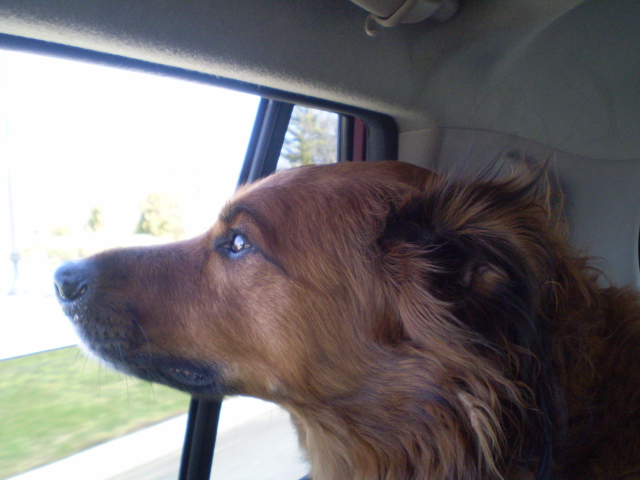 aggressive kids and dogs
QuestionI have a hyper aggressive 6 yr old who always p
aggressive kids and dogs
QuestionI have a hyper aggressive 6 yr old who always p
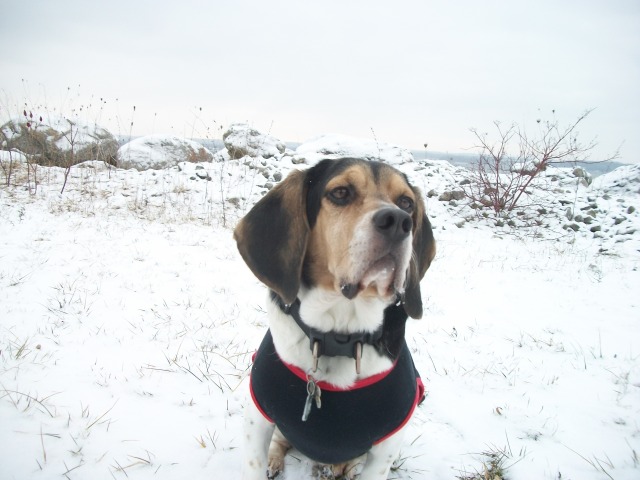 2nd Dog
Question
Winston
Hi, I have a beagle/bassest hou
2nd Dog
Question
Winston
Hi, I have a beagle/bassest hou
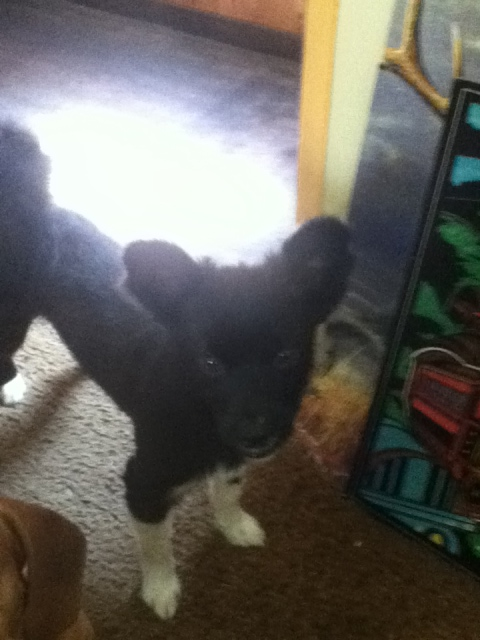 ideas of what breed dog this is?
Question
dog dog
i was wondering if anyone
ideas of what breed dog this is?
Question
dog dog
i was wondering if anyone
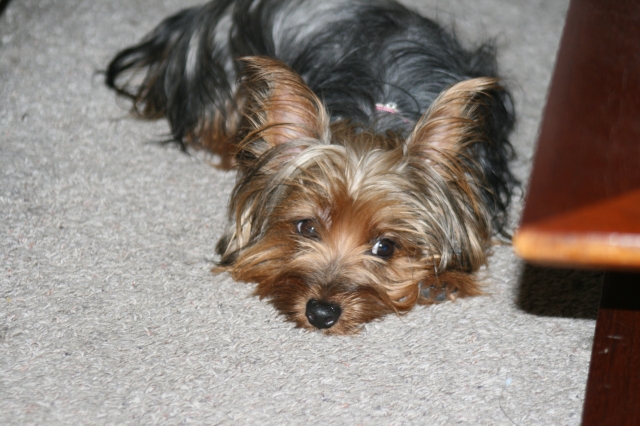 Agression towards kids
Question
Holly Daze
I have a 2.5yo Silky Terrier. She i
Agression towards kids
Question
Holly Daze
I have a 2.5yo Silky Terrier. She i
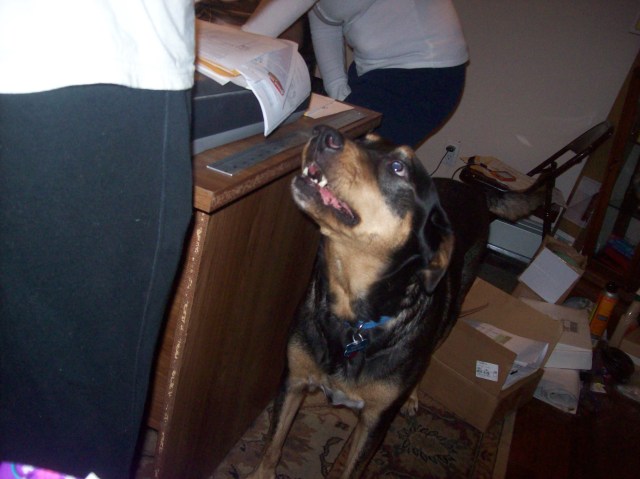 old age dog
Question
he was barking!
I have a Dog who is a german s
old age dog
Question
he was barking!
I have a Dog who is a german s